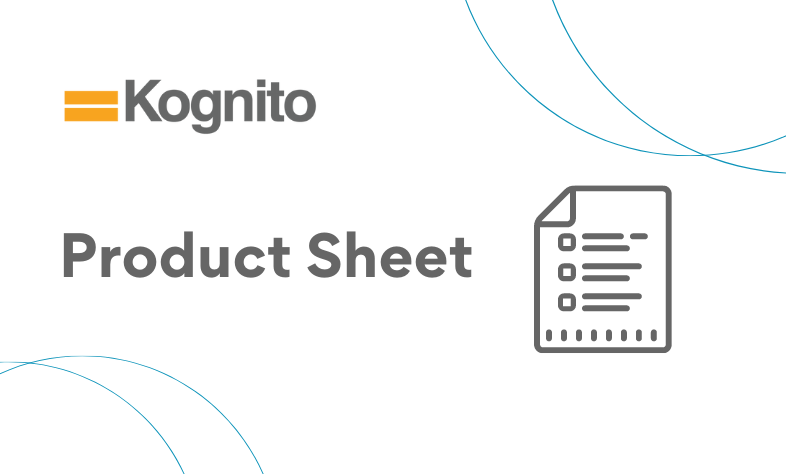Overview
Chronic Disease Management prepares health professionals to use motivational interviewing (MI) techniques to guide patients toward healthy changes. This learning experience provides practice with five virtual patients, building learners' skills and confidence having real-world, complex conversations.
This simulation can be used as practice and a focal point for discussion, to help learners increase their confidence and preparedness to use motivation interviewing.
Learning objectives:
- Apply motivational interviewing techniques in practice conversations to help patients identify their motivation to make healthy behavior changes.
- Use open-ended questions to ask about patients' agendas, needs, preferences, understanding, motivations, barriers, and options for goals
- Affirm patients' past attempts at change, and collaborate with patients to set goals
- Use complex reflections to focus patients on change talk
- Use summaries to reflect more change talk and check patients' understanding of information provided
- Apply Gender-Affirming Care techniques (gender-neutral language, transition phrasing, and apologies) in a simulated practice conversation
- Recognize value of MI techniques (OEQs, Affirmations, and Reflections) as tools for exploring how a patient's social circumstances and cultural background impact their relationship to their health, associated risks, and ability to manage their conditions
- Recognize and identify the distress signals of depression
Research shows that with experiential practice, increased emotional engagement and reflective thinking leads to stronger self-efficacy and behavior change.
This simulation was developed through a close collaboration between Kognito's simulation scientists and MI experts.
Users receive customized feedback based on their in-simulation choices.
The simulation is available online 24/7. Users are asked to complete pre-, post-, and 3-month follow up surveys to assess changes in skills. Attitudes, and behavior. Upon completion, users receive a certificate of completion. Clients have access to usage reports and evaluation data via the Kognito client portal.



